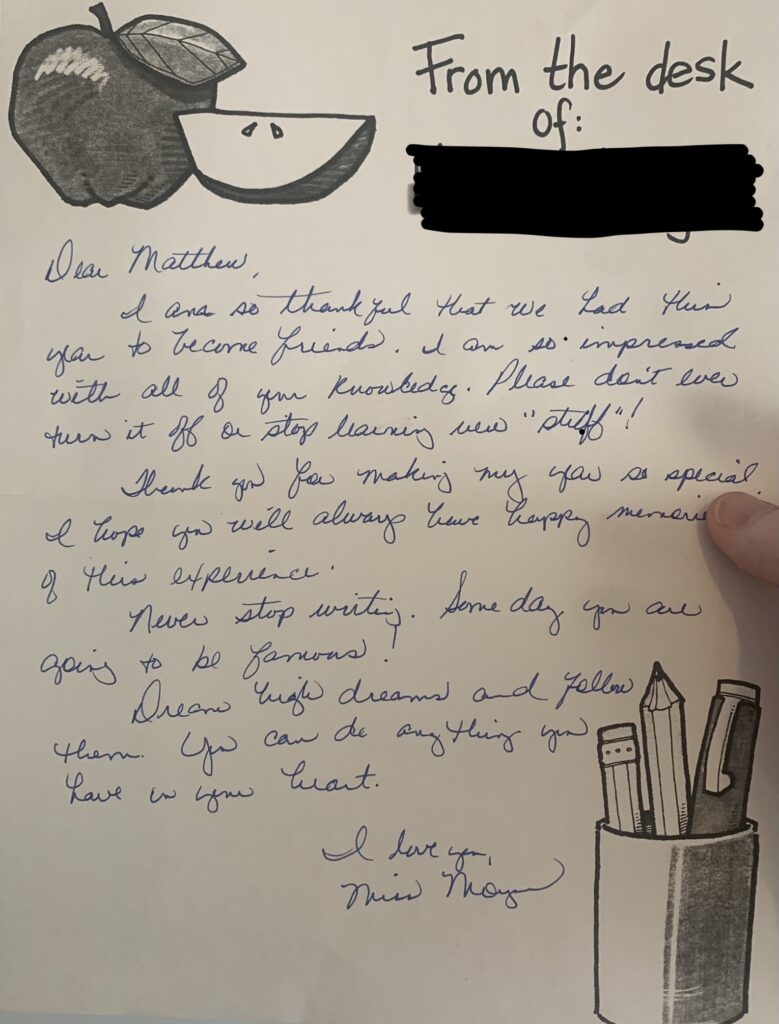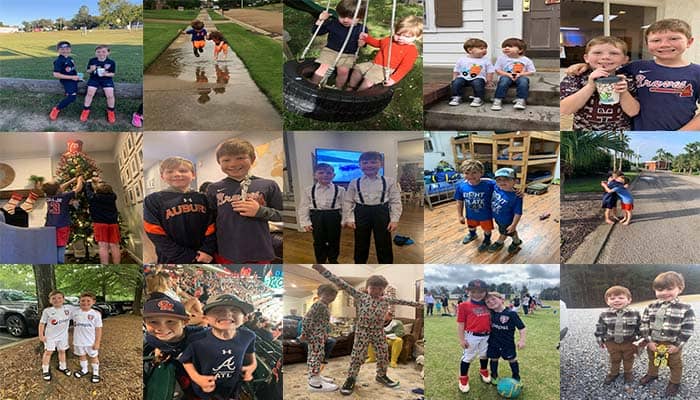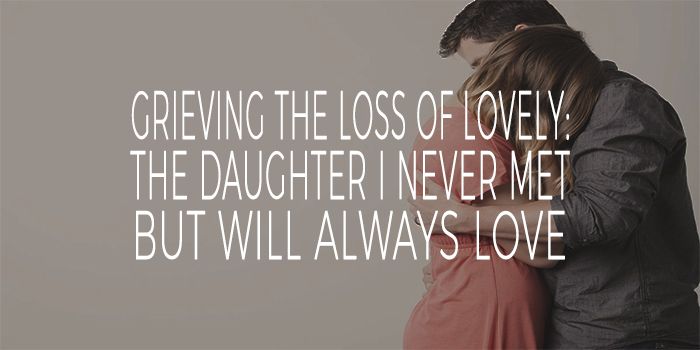School starts this week in Birmingham, and it couldn’t come soon enough. I love my kids. I really do. But I’ve reached the point where I get frustrated with them for waking up. “Are you up already? It’s only 9:30. Ugh.”
A few days ago, Jannie Rose, my sweet 7-year-old daughter, looked at Tiffani and with a straight face and a matter-of-fact tone said, “I need a break from you.” She wasn’t frustrated or emotional or having a bad day. It was a fact. Tiffani looked at her and said, “Same,” and they both walked off. Whew, friends. I’m telling you. If you could bottle up the mental fortitude of those two humans, America could once-and-for-all end its reliance on fossil fuels.
It’s time for my kids to go back to school. That’s my point. We took our first steps in that direction yesterday when we met their teachers. And that’s what I want to talk about. Teachers.
Here’s something I know because I have friends who are teachers and because I’m a normal, self-aware human: teaching is hard. Teaching is hard to the third or fourth power. It drains you. Mentally. Physically. Spiritually. For 7 or 8 hours a day, you serve multiple roles. Yes, you’re an educator. But you’re also a friend. A counselor. A role model. A mother or father figure. A mediator. And, at times – Lord, help us – a social worker.
Then you have the part that teachers must hate the most: parents. Last year, I asked Micah’s teacher how much of her day she spends responding to parents questions and complaints and so on. Twenty percent, she said. I gasped. That’s too much. I might’ve called her bluff, except I know she wasn’t bluffing. I was a youth pastor for several years, and I spent at least twenty percent of my time responding to parents.
But that’s how the butter’s churned, as my grandma used to say. Ain’t nothin’ you can do about it. Parents gonna be parents, and most parents think teachers exist only for their kid.
________
Teaching is hard, but it’s also thankless. Put those two together and you have a recipe for burnout. I can imagine every teacher at some point in his or her career has turned off the lights on an excruciating day, plopped in the car, and asked, “What’s the point? Why do I keep doing this? Does any of this even matter?”
Well, I want to tell you it does. Here’s a personal example to prove it.
A year-and-a-half ago, I was lost. I wasn’t far removed from a seven year battle with a chronic illness that took everything from me. I had a job, but that job made me work 50-plus hours a week. I was exhausted. I had no purpose, no direction. I wanted to quit work and crawl in a hole and live as a hobbit for the rest of my days.
Then, one night I was at my mom’s house and found a box of stuff from my childhood. Little paintings from third grade. A collection of poetry from middle school. A football program from my senior year. Random stuff that should’ve found the trash years ago. I reminisced for a while, and I liked that. I’m big on reminiscing.
I was about to close the box when I saw a note. The note was from my third grade teacher. I won’t tell you her name because some people like their privacy, and she might be one of them. Here’s what the note said:

Look at the third paragraph. Can you read it? If not, here’s what it says:
“Never stop writing. Some day you are going to be famous.”
When I read that, something awakened inside me. Like the words were fingers that reached into my soul and reconnected a cord that was unplugged. I felt alive. I knew she was right. I should never stop writing.
I had, though. I had stopped writing. For as long as I can remember, writing has given me joy. Even as a young lad, I wrote stories. When I was bored or sad or whatever, I scribbled on computer paper. I still have some of those stories. I’m holding one in my hand right now. It’s dated 12/9/95 – I was 10 – and it’s called The Ghost of Hillsbury. I read it, and it’s terrible, and you would think it’s terrible too. But who cares? When I was 10, I didn’t write to win awards or approval or atta boys. I wrote because it gave me life.
Writing has always been my sanctuary. When I write, I feel connected. Grounded. Centered. Whenever I’m lost, writing brings me back home. Everything seems to make sense when I’m holding a pen and a pad. But at this stage in my life, as an adult recovering from a chronic illness and working too many hours at a job I didn’t like, I had no time to write. That’s what I thought anyway. I didn’t have the time or the energy. And what would I write about?
When I read my teacher’s words, though, I knew why I was lost. I had abandoned my first love. I sat down on the floor and cried and thanked God for my teacher. I needed those words like a drought-stricken flower needs the rain.
I wrote them on a notecard, placed them in my office, and started writing again. I’ve written everyday since. And my life has improved. Drastically improved. I feel more alive. I’m more engaged with my family. I even found a new job. It’s funny the universe works for you once you begin to work for yourself.
I share this story for one simple reason: teachers alter the trajectory of lives.
Even 30 years later, I read the words on that note pad as though they came from Buddha’s tongue. Or Jesus’s. I loved my teacher, all of my teachers. I had a deep respect for them. I knew they loved me. I knew they wanted what was best for me. I know that still today.
And, so, when a teacher makes a statement like the one above – Never stop writing – you listen. Teachers know – and I apologize for getting all spiritual – things about your soul, things you can’t see because you hide them behind layers of shame and regret and pride. They see your true self long before you see it. They see the man or woman you can become.
__________
Here’s a strange mystery: whatever hurts you the most also heals you the most. They’re two sides of the same coin.
So, yes, teachers, what you’re doing is hard, thankless, exhausting work. You carry the burden of preparing actual humans for a beautiful, but cruel world. But you also have the opportunity to alter the trajectory of actual humans. And that has no price, no dollar amount. You can’t measure it or track it.
So, on behalf of all kids, those who’ve gone before and who are soon to come, thank you. Thank you for investing in us. Thank you believing in us, for encouraging us, for seeing who we could be, not who we are right now. We need you. Teachers, you show us the way. And when we lose our way, you lead us back home.
Even thirty years later.










